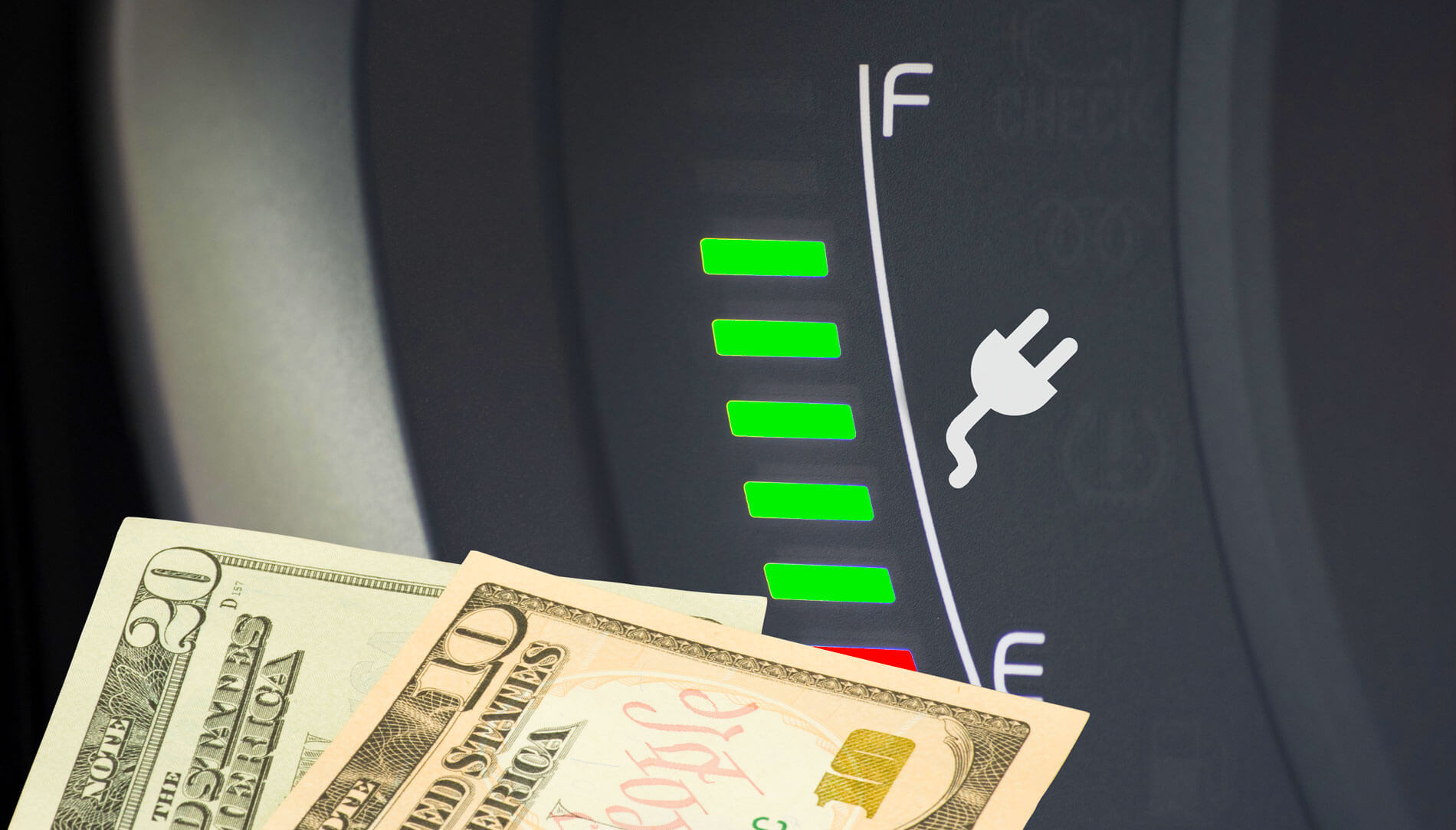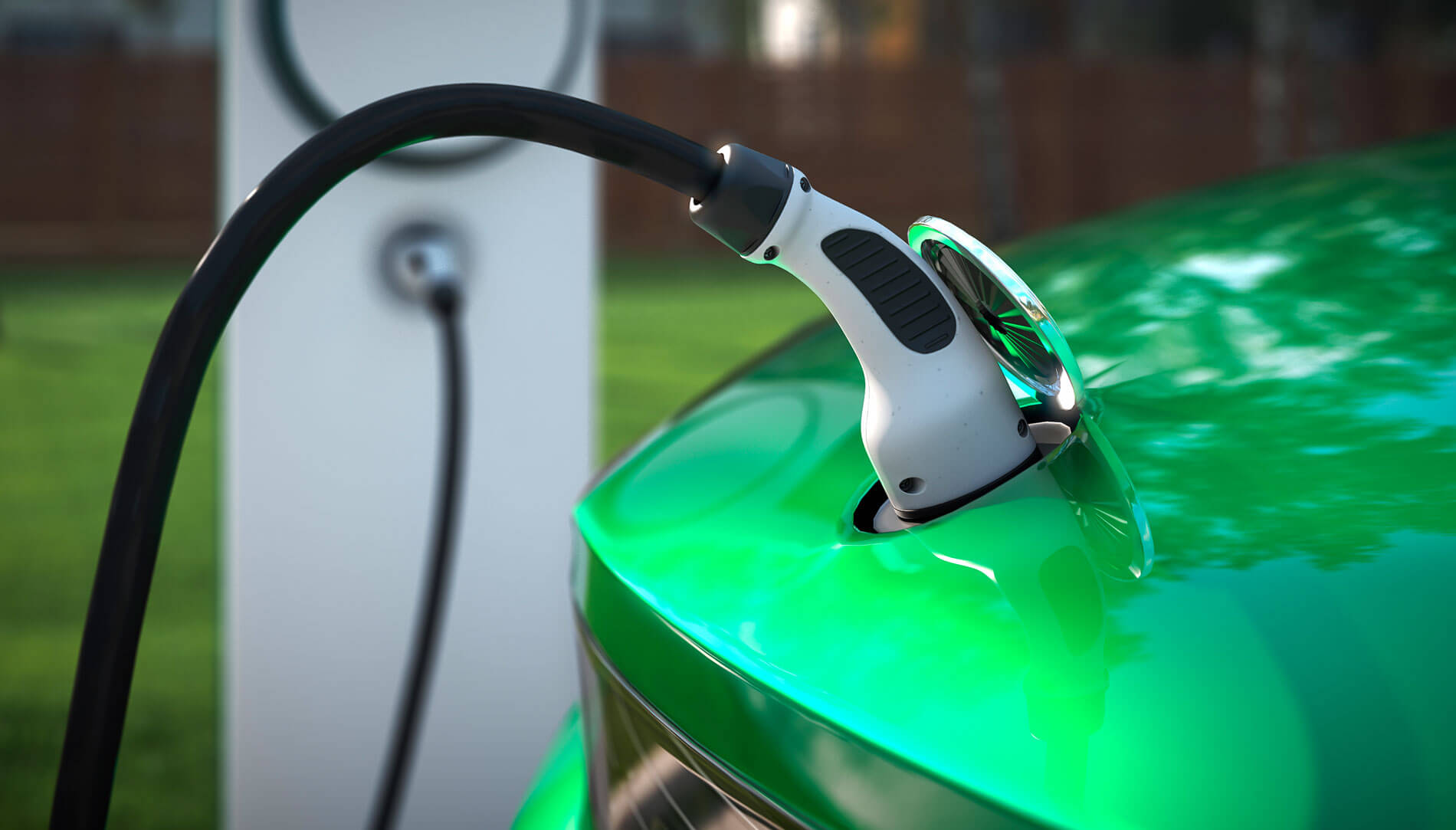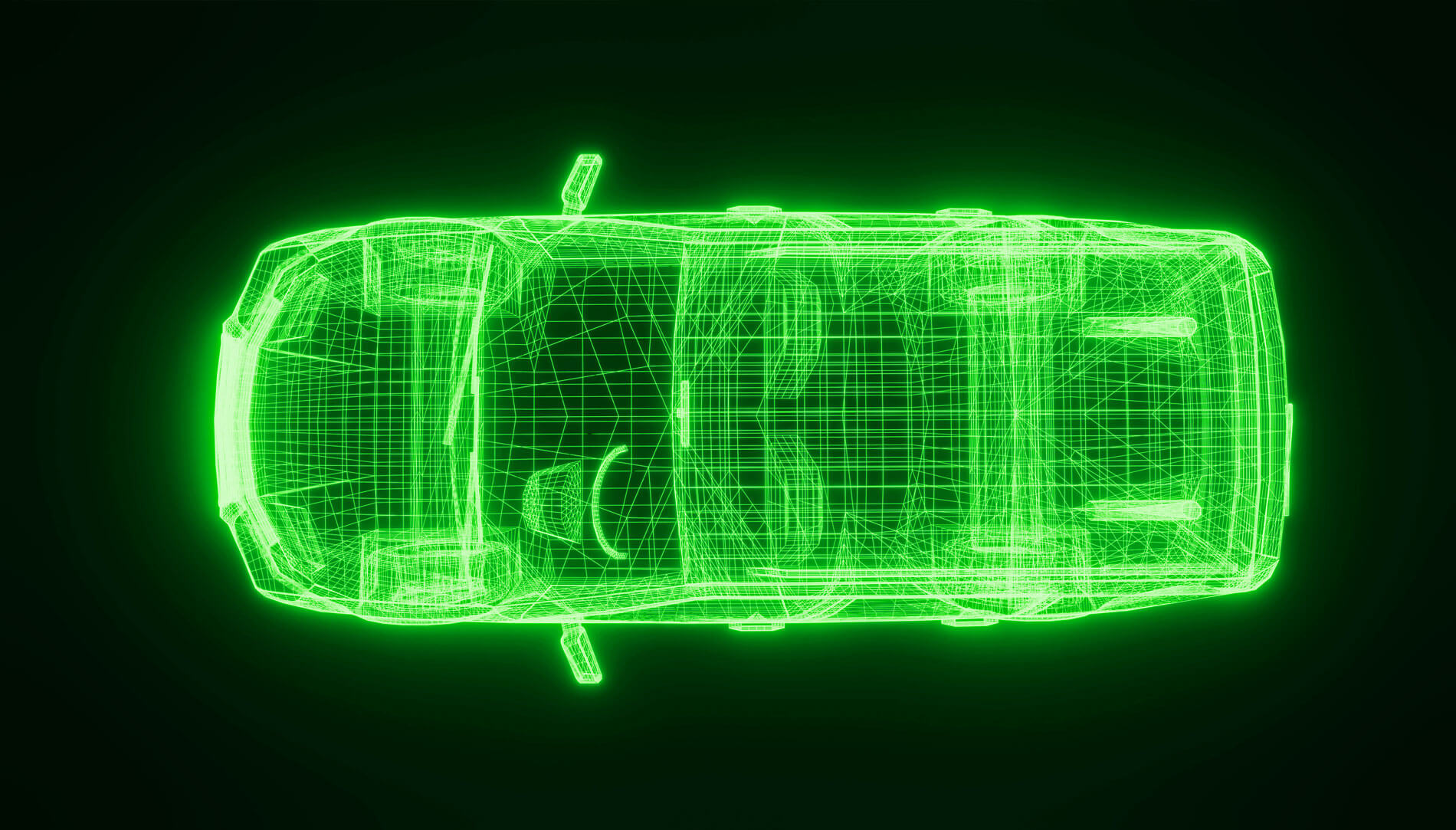Driving the Maximum Mileage on One Charge is not the Whole Story
Ever notice that electric car range is usually mentioned near the top of a consumer report? Range is important to all drivers, no matter what kind of car they drive.
For a prospective buyer of an electric car, it’s natural to judge a model by its range: the farther it can go without recharging, the better. But new advancements in battery technology are changing how we think about distance, and there are differences between makes and models.
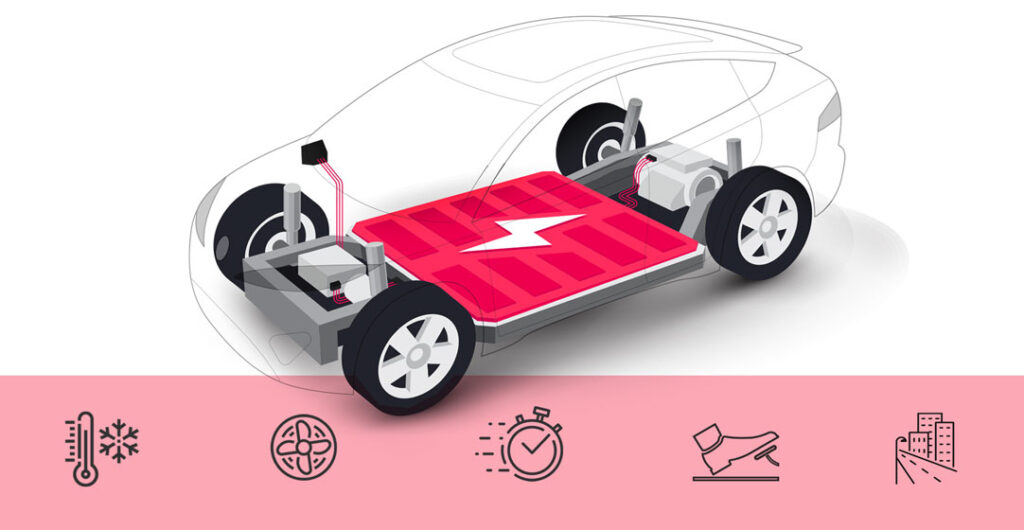
Electric car range
Electric cars vary in range tremendously, and the range is increasing with new technology. The median range of electric cars is now roughly 250 miles, according to the Department of Energy. Maximum ranges, however, vary by model from under 150 miles to more than 350 miles. And, with every new model that rolls off the production line, you can anticipate improvements. In fact, the median electric car range has likely increased since we published this article.
An electric car’s actual range will depend on weather and driving conditions, and driving speed, among other factors. Cold weather tends to reduce electric car range, as do high speeds. Unlike gas-powered cars that get better mileage per gallon on the highway, electric cars are more efficient in the stop-and-go traffic of the city where they’re traveling at lower speeds and braking more often. That’s because an electric car reclaims energy when decelerating, using regenerative braking to recharge the battery. Think of regenerative braking as putting energy back into the battery every time you brake.
The maximum ranges of electric cars found on consumer reports can also be confusing. That’s because an electric car typically doesn’t get charged to 100% at commercial charging stations. To put less stress on the battery, car manufacturers often recommend charging only to 80% to 90% capacity. At a fast-charging station, you’ll tend to leave the car at only 80% charged. That will naturally reduce the range of the vehicle on road trips.

Is range everything?
Although several variables affect electric car range, the most important factor is the size and weight of the car’s battery. A large and heavy battery can store more energy and go farther without a charge. Although several variables affect range, the most important factor is the size and weight of the car’s battery. A large and heavy battery can store more energy and go farther without a charge.
As with the range, the battery’s size varies. In 2022, for example, the Lucid Air Dream was equipped with a 118 kilowatt-hour battery with an estimated range of 520 miles. Meanwhile, a Kia EV6 Light had a 58 kWh battery and a range of 232 miles. Certain all-electric models that are designed to be city-only cars have 17 kWh batteries and a top range under 70 miles. (Hybrids have even smaller batteries and typically a maximum range of 40 miles or less when running in electric mode.)
Longer-range electric sedans also tend to be on the higher end of the price range, similar to luxury cars. Lucid Air models, for example, cost close to $140,000, and long-range Mercedes-Benz and Teslas could exceed $100,000.
Increasing the range of a mid-range or more affordable electric car model also adds to the cost. For example, the basic Kia EV6 Light with a considerable 232-mile range starts at around $40,000; however, its “Wind Trim” model with a larger battery and range of 310 miles adds around $6,000 to the price. (Consider that the distance between Seattle and Portland is about 170 miles and you’ll get an idea of the range of the Kia EV6.)
Keep in mind that one of the big benefits of owning an electric car is fuel savings. So, when you do the math, the upfront extra cost of buying a model with 100 miles of extra range might not work for your budget.
Environmental concerns
Manufacturing any type of vehicle comes with environmental concerns. There are also emissions from the manufacture of electric car batteries. Bigger and heavier batteries produce more emissions than their smaller counterparts (the actual emissions will depend on several factors, including where the batteries are manufactured).
Many lithium-ion batteries are manufactured in countries that rely on coal to generate electricity. Studies in Europe suggest that a large battery produced in a coal-dependent country creates more emissions than does building a conventional car. Another consideration is that heavy, long-range batteries require more of the rare and precious metals used in battery cells.
So, a long range isn’t necessarily an ideal option for all electric car shoppers. For the time being, an electric car with a lightweight battery (and less range) could be the right fit for electric car buyers motivated by concerns for the environment and cost savings.
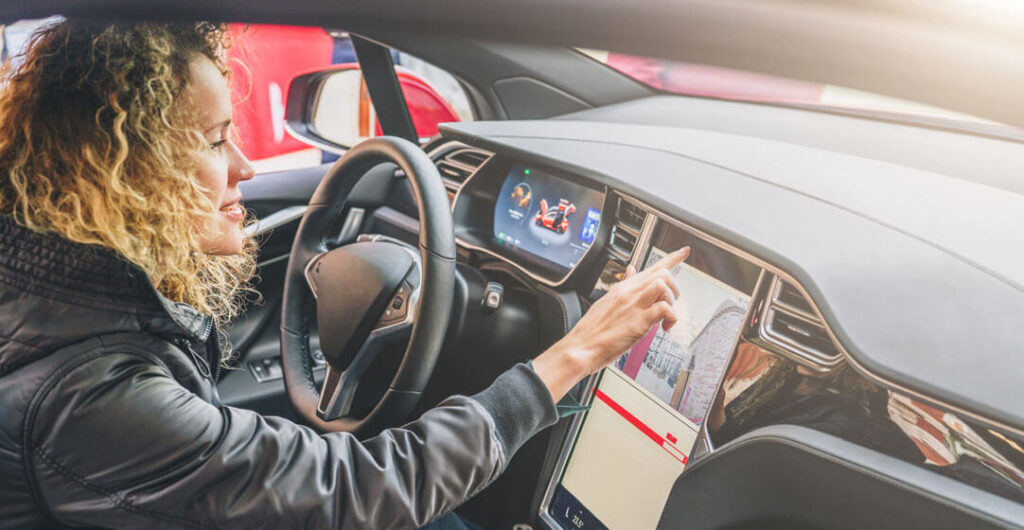
Skip the Fill Up
Many drivers are conditioned to expect a driving range of 350 miles or more before filling up (that’s about the distance of Seattle to Bend, Oregon — a 6-hour road trip). It’s fair to say that current models of lower-cost electric cars with lightweight batteries won’t deliver that kind of range. Yet, in regular, day-to-day driving, most people won’t drive anywhere near the maximum range of an electric car without stopping for a break.
According to government studies, people drive about 14,000 miles per year, or a little less than 40 miles per day. Of course, many commuters drive far less than that on an average day. So, any electric car charged overnight using a common three-prong plug (the slowest method of charging available) usually has enough range to handle a day’s worth of driving, on errands, visiting the doctor, commuting to work, etc.
Electric cars and road trips
Range is something we all need to keep in mind on road trips, whether we’re driving a gas or electric car. After all, running out of gas is a common reason that AAA members call emergency road service.
For electric car drivers on road trips, range is something they need to keep in mind. That’s because electric cars need to be charged to work (unlike hybrids, there’s no option to switch over to gas). Also, gas stations are still far more visible and widely available on the road than commercial charging stations. That said, you can have a smooth road trip in an electric car with some planning.
Firstly, several available mobile apps can help plan your route and point the way to nearby charging stations while on the road. Secondly, you need not worry about finding public charging stations outside the city. As of March 2022, there were more than 50,000 public and private charging stations for EVs in the U.S., according to the National Renewable Energy Laboratory.
Most of the nation’s commercial charging stations are Level II (which gains on average 25 miles of range for every one hour of charging), but a growing percentage (now about 15%) are fast-charging stations where you can charge the battery up to around 80% capacity in less than an hour (about the time it takes to grab lunch and stretch your legs). So, electric car drivers can enjoy great road trips over long distances.
—Written by Victor Whitman
—Top photo by Ramcreative whitecityrecords/AdobeStock


